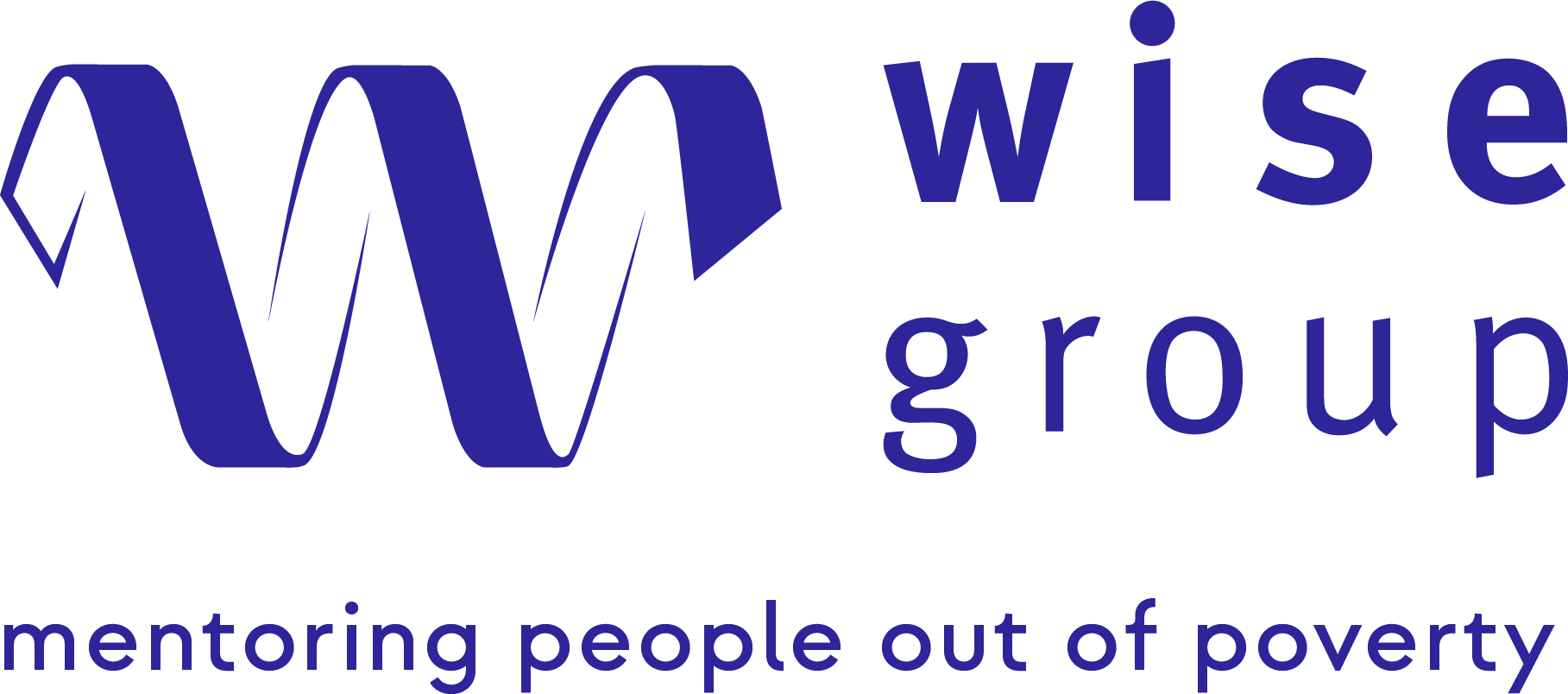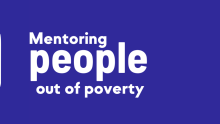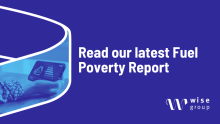A Look at Scotland’s Throughcare Service
Who we are: social enterprise as a vehicle for sustainable recovery
The Wise Group, a social enterprise which helps lift people out of poverty through individual mentoring, is proud to lead the New Routes Public Social Partnership. Along with our partners Sacro, Apex and SAMH, our mentors work with individuals of all ages who are serving short-term custodial sentences in every male prison in Scotland with the aim of reducing reoffending and rebuilding lives.
Through 2020/21, we supported 1589 prison-leavers transition back into the community with a wrap-round programme of throughcare which dramatically increases the chance of successful reintegration and desistence. This is possible as the service is tailored to the unique needs of the individual, and compliments existing public services. Half of our mentors have direct experience of the Justice system, and our prison-based mentors in particular work closely with prison officers.
What we do: bringing services together to reduce reoffending
With design input from mentors and former offenders, the service includes but is not limited to assistance with accommodation upon liberation, support with mental health, addiction and behaviour, digital inclusion, connecting universal services and, in appropriate circumstances, assistance with gaining and maintaining meaningful employment.
Scottish Government data indicates that over 50% of those serving short term prison sentences might return to prison, creating more victims, if not engaged in this method of throughcare. Through this blend of support only 10.5% of those we mentor reoffend. If we reduce the number of reoffenders, we reduce the number of victims. We change lives for these men, their families and their communities.
Our service has won international and academic attention, with the model replicated in justice systems as distant as Australia. In this regard, Scotland has the potential to be a global sector leader in encouraging desistence.
How we do it: consistently effective mentoring to benefit all
Having worked in collaboration with the Scottish Government since the creation of New Routes in 2013, our Mentors have built a reputation for transformative throughcare.
Through taking an evidence-led approach to our processes, we have developed a robust set of standards in conjunction with the Scottish government. These standards ultimately ensure a consistent delivery of high quality throughcare irrespective of geography or circumstance. Mentoring skills of evaluating, coaching, facilitation, counselling and networking are used to encourage and support customers with this change.
The New Routes throughcare model is rooted in:
- Person-centred mentoring: All our mentoring is conducted one-on-one, building the personal relationships and trust necessary for breaking the cycle of reoffending.
- Voluntary approach: An essential component of this service is that it is voluntary, offering prison-leavers the support to make positive choices and begin a journey of sustainable behavioural change.
- Consistency: All eligible prison-leavers are offered the continual opportunity to engage with New Routes irrespective of geography or circumstance. Grounded in the training our Mentors receive, the level of support is consistently high leading to tangible outcomes.
- Efficient use of resources: With a year in prison costing over £40,000, our average cost for supporting a prison leaver for up to a year – dramatically reducing their chance of a further custodial sentence – is £1096.
Guided by our standards and values, our techniques were able to adapt to the challenges of the pandemic. This includes the increasing need for the ability to connect with online services, which is served by providing customers with a pay-as-you-go mobile phone. The pandemic has also seen a dramatic increase in mental health issues and suicide threats among prison-leavers. We responded by reinforcing our safeguarding protocols to ensure that customers are given proportionate support, and that Mentors were able to protect their own and their participants’ mental wellness through our in house Reconnect counselling service.
We were particularly proud to have acted quickly to support the easing of pressure on the system during the current crisis. Through the creation and delivery of new support packages containing useful information for release into the community, along with a supermarket voucher to purchase a mobile phone. This facilitated ongoing engagement in the community and with our Mentors. We also utilised digital communication channels within prisons to engage with those during the various lockdowns. Of 326 early release individuals eligible for New Routes mentorship, 183 signed up to our service. We also delivered 311 early release liberation packs during this period.
We measure our outcomes on a short and medium-term basis. Short Term Outcomes include customers demonstrating increased motivation, improved attitudes and development of skills to address needs linked to offending behaviour. Medium Term Outcomes are typically externalised changes such as changes in behaviour, attitude or decision making. By achieving Medium Term Outcomes, customers demonstrate transformed behaviours, increased capacity and improved circumstances.
Where we are going: Scotland’s throughcare service and the road to recovery
Having reviewed the January 2022 report by the Criminal Justice committee, we would welcome the opportunity to share with the committee further details of our successful work as a national throughcare service.
Going forward, we would highlight the need for meaningful action in resolving the situation whereby individuals who simultaneously struggle with mental health and substance abuse issues are thwarted in their efforts to access rehabilitation and counselling services. This situation has arisen as mental health services will not accept individuals while they have addiction problems, and addiction services will not accept individuals while they have mental health problems.
The successful reintegration of a prison-leaver into society benefits everyone. Prison-leavers can go on to lead prosocial lives. Victims, and potential victims, will be better protected. The pressure on prisons is better alleviated as is the cost of maintaining a high prison population. More than anything, the lives of the family and communities of victims and offenders can live in greater harmony as we set out on the road to recovery.











